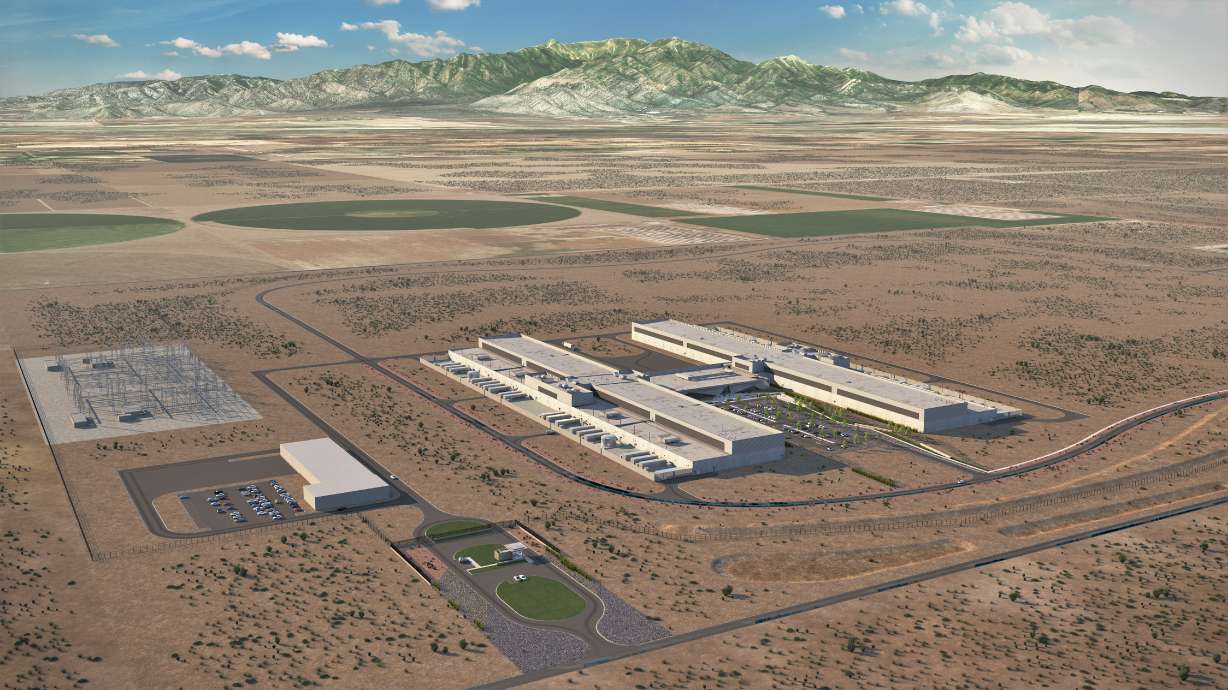Estimated read time: 2-3 minutes
This archived news story is available only for your personal, non-commercial use. Information in the story may be outdated or superseded by additional information. Reading or replaying the story in its archived form does not constitute a republication of the story.
SALT LAKE CITY — Utah is looking to break free of what a lawmaker says is a vicious cycle in which states across the nation “cannibalize” themselves and the taxpayer dollar to attract big-name companies.
But 49 other states would have to make a similar move to make Utah’s count.
The Utah House of Representatives on Tuesday voted 63-3 to approve HB270, a bill that would enter Utah into a compact to not offer taxpayer incentives or subsidies to attract companies.
The bill’s sponsor, Rep. Marc Roberts, R-Salem, said as the practice has become regular nationwide, states have fallen into a “prisoner’s dilemma” and feel forced to offer multimillion-dollar tax breaks to companies to be competitive against other states in the economic development world.
“Everybody’s playing this game,” Roberts said. “How do we end this? How do we stop this? We figure out a way we can all put our swords down together to end this practice, end this race to the bottom and really cannibalizing ourselves on the backs of taxpayers.”
Utah and the city of West Jordan arguably fell victim to that dilemma in 2016 when West Jordan sought to lure Facebook to build a giant data center, offering a controversial tax break and rebate of about $240 million against competitors, including New Mexico.
The deal fizzled amid controversy, and years later Facebook still decided to locate to Utah, but in Eagle Mountain, which offered $150 million in tax breaks over 20 years for the first phase of the project. However, open-ended agreements could extend those benefits beyond the first phase and could land the company hundreds of millions in additional tax relief over the next four decades — possibly up to $750 million in tax relief over 40 years if five phases of the project are completed, according to an Eagle Mountain study.
Roberts’ bill includes a trigger provision that would put Utah last in line to join the compact, requiring all 50 states to join before the agreement would take effect. Roberts said no other state so far as passed a similar bill, but 17 are considering it.
Roberts’ bill cleared the House with little debate and now goes to the Senate for consideration.










